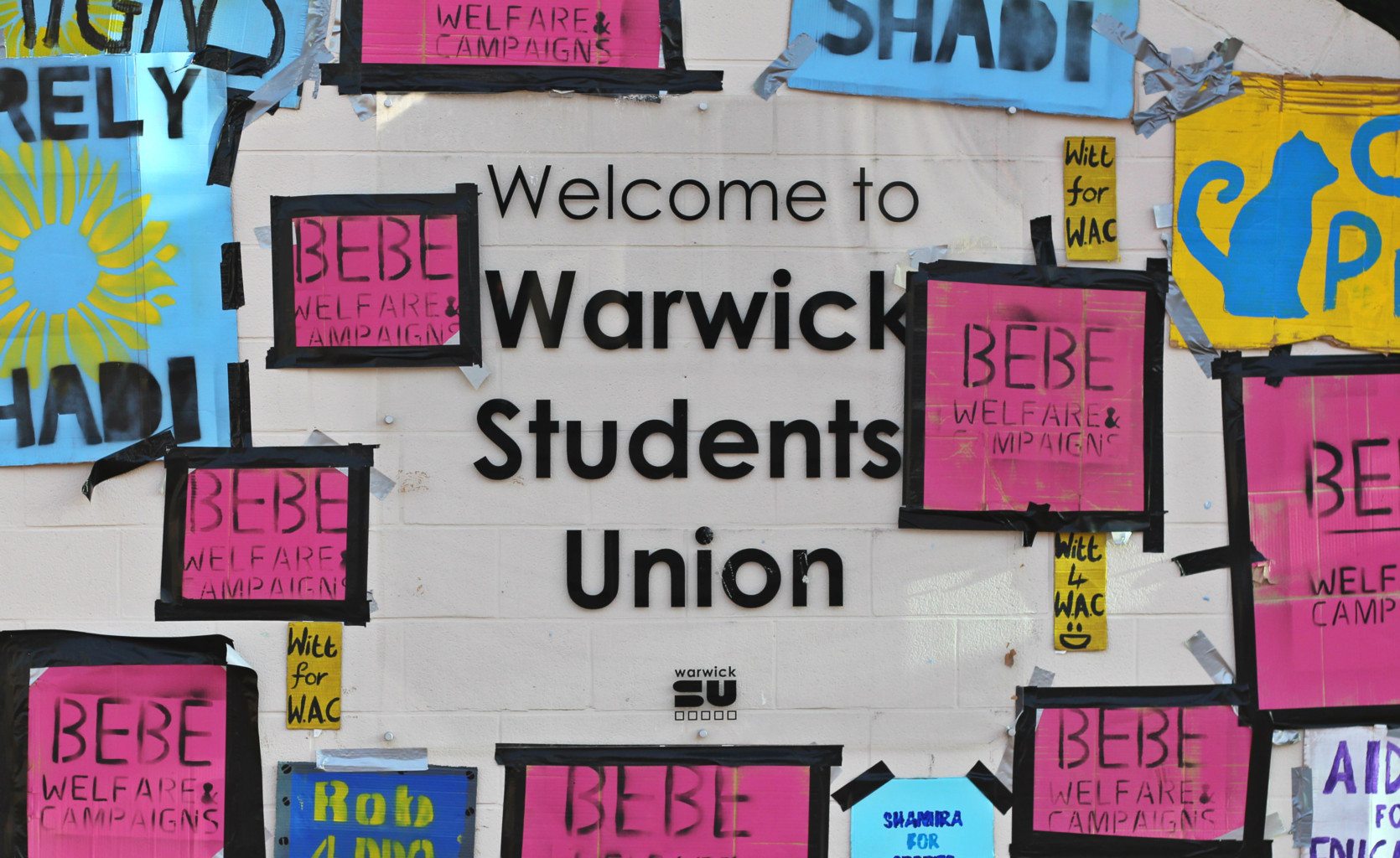SU Election penalties explained
With the recent Students’ Union (SU) sabbatical officer elections, the Boar has investigated the system of penalties that candidates can receive during the course of their campaign.
According to Cosmo March, Democracy and Development Officer, there are two types of penalties that a candidate can receive: a monetary penalty and a campaigning ban.
The monetary penalties, issued for minor campaigning offences, cannot exceed the candidate’s £20 deposit otherwise the candidates are disqualified from the election.
A campaigning ban is issued for campaigning actions that cannot be amended easily. This includes campaigning before the official start time of 9am on the Monday of Elections week or having a society executive send an email, which contains support for a candidate, to all members of the society.
Any significant breaking of the rules would result in disqualification. Examples of this would be an extensive campaign before the first day of campaigning or the harassment of the other candidates or students.
The awarding of penalties is the responsibility of the Adjudication Panel. Students can issue complaints to the Panel who then decided whether the complaint merits action being taken. If this is the case, the Panel communicate the penalty to the candidate only.
Although the Panel does not publicise the penalties issued, Mr March told the Boar that in the recent elections, penalties only consisted of monetary fines, none of which exceeded the £20 limit, and so the results of the elections were not affected.
Flo Forster, a second year Philosophy, Politics and Economics student, told the Boar, “Normally I would disagree with penalties enforced around a democratic process, but in light of the extremely competitive (some, following last year’s smear campaign against the former president Nick Swain, might say vicious) nature of the elections I support the decision to protect voters from aggressive campaigning and harassment, and to limit the amount of time that nominees can take out of their busy academic work schedule to campaign for their own election.”
When asked whether she thought that the penalties given should be made public, she said minor fines given to a candidate “should not be made public until after election, since what is actually an irrelevant detail would have a disproportionately strong impact on voting”.
Mr March said: “This year, very few complaints were made and the candidates generally were very respectful of both the rules and their fellow competition. I hope this good behaviour continues going forward into future years!”

Comments